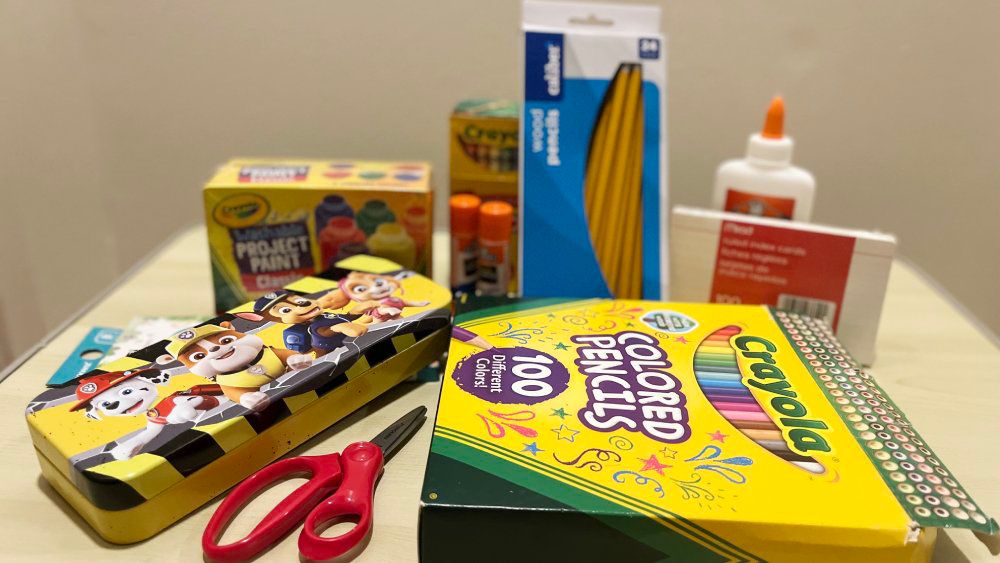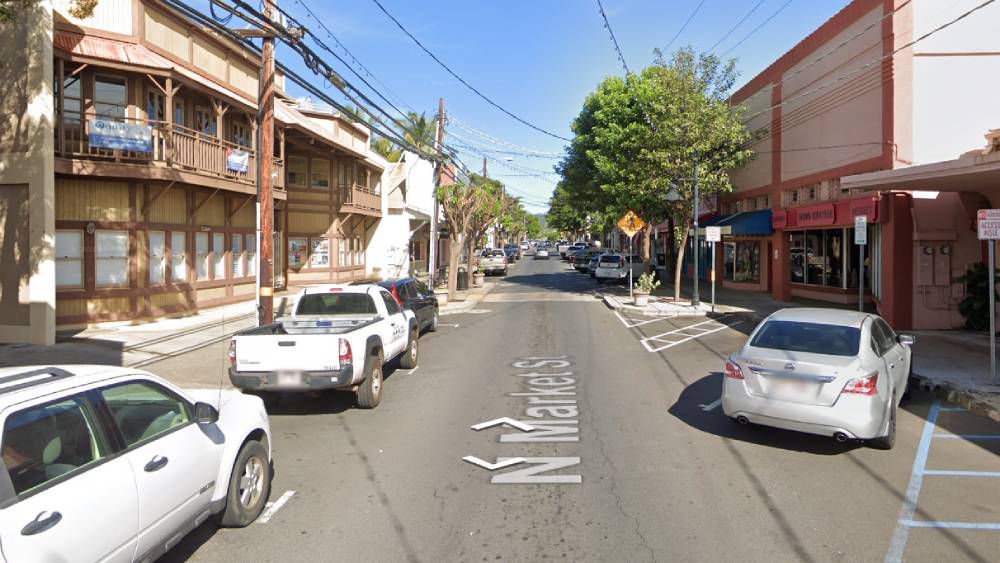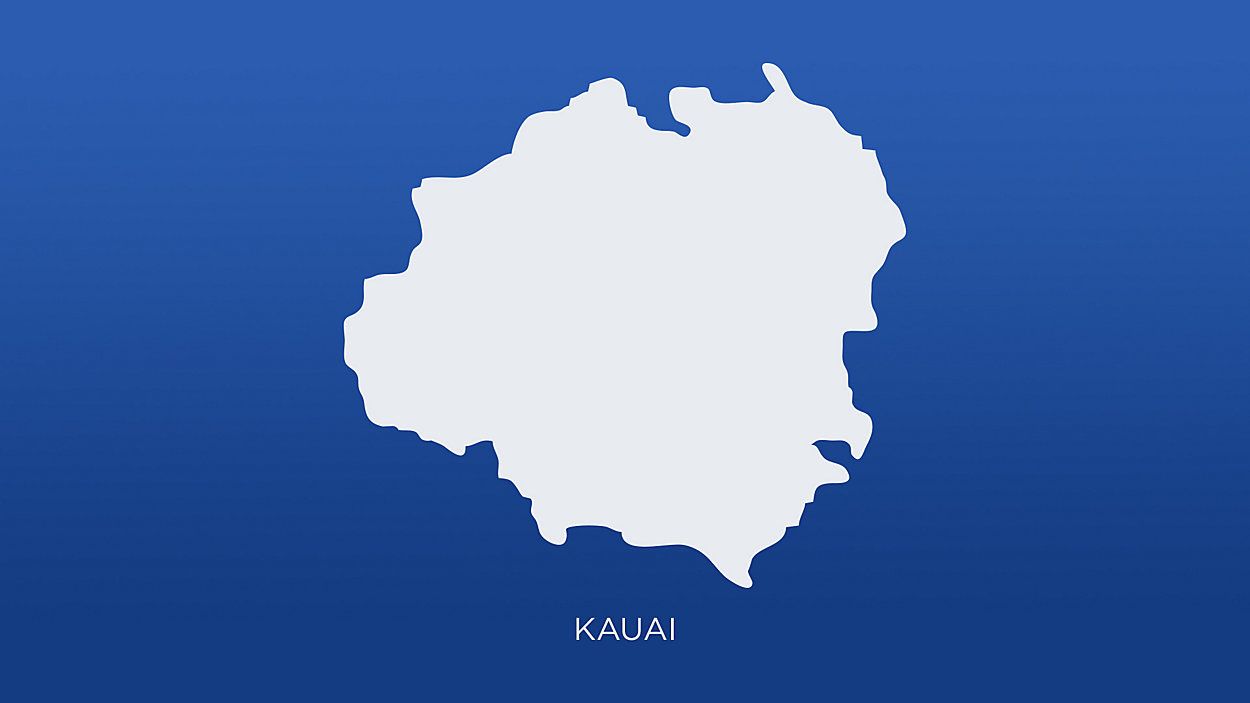The University of Hawaii at Manoa’s SNAP-Ed program run by the College of Tropical Agriculture and Human Resilience is a federally funded initiative that helps financially struggling families and kūpuna. It is on the chopping block in the U.S. Congress, according to a UH Manoa release.
SNAP-Ed has played a key role in helping to fight hunger and support communities across the state for years. The potential budget cut could lead to more people going hungry and erode the health of communities.
“Our college has been working with local families and kūpuna through SNAP-Ed for more than 20 years,” said Jean Butel, SNAP-Ed program director at CTAHR, in the release. “Our SNAP-Ed program has become a trusted community partner that helps about 15,000 community members across Hawaii every year. We meet people where they are: public schools, farmer’s markets, senior care facilities and other community gathering places.”
The program, funded through the U.S. Department of Agriculture’s Supplemental Nutrition Assistance Program, teaches eligible families the basics of how to plan meals, stretch food dollars, compare prices and even how to grow their own vegetables.
Data shows the program’s effectiveness with CTAHR’s direct education classes:
- 91% of participants improved their diet
- 83% learned to budget, compare prices and plan meals
- 40% reported they could afford more food or had enough for the family
With a combined $1.57 million budget for the year, CTAHR and the Hawaii State Department of Health both manage SNAP-Ed programs. However, SNAP-Ed has been eliminated from the federal budget being debated by Congress, which puts the program’s future at risk in Hawaii and nationwide.
“We are grateful that Hawaii’s Congressional delegation fully supports SNAP-Ed. With our geographic isolation, high cost of living, and ongoing food insecurity, full funding is essential for Congress to continue supporting Hawaii’s SNAP-Ed families and kūpuna,” said CTAHR Dean Parwinder Grewal.
“If SNAP-Ed is eliminated, it is going to be a big problem for so many of our families. And they are going to struggle to buy enough food to feed their families, and they will also end up making unhealthy choices,” Grewal said.
Grewal added that the program’s 13 staff members working across the state with schools and nonprofits will also lose their jobs.
“SNAP-Ed really goes into communities and works with them,” said Butel. “We figure out what they really need, how we can make it most applicable and relevant to them and we work with the partners in these communities to bring skills and resources and tools so people can eat healthier on a low budget.”
If Congress does not restore funding, the program will end on September 30.






